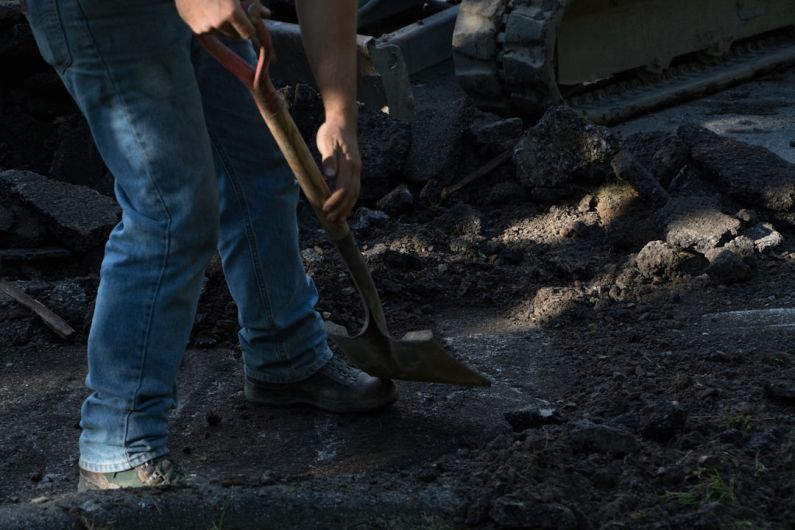Why Should You Consider a Rain Garden?
Rain gardens are becoming increasingly popular as a way to manage stormwater runoff and create beautiful, eco-friendly landscapes. But what exactly is a rain garden, and why should you consider incorporating one into your outdoor space? In this article, we will explore the benefits of rain gardens and why they are a smart choice for any homeowner.
What is a Rain Garden?
A rain garden is a specially designed garden bed that collects and filters rainwater runoff from roofs, driveways, and other hard surfaces. It is typically a shallow depression filled with native plants and deep-rooted vegetation that can tolerate both wet and dry conditions. The purpose of a rain garden is to slow down the flow of stormwater, allowing it to be absorbed into the ground rather than flowing into storm drains, which can lead to water pollution and flooding.
Managing Stormwater Runoff
One of the primary benefits of a rain garden is its ability to manage stormwater runoff. When rainwater falls on impervious surfaces like pavement and rooftops, it cannot soak into the ground naturally. Instead, it flows over these surfaces, picking up pollutants such as oil, pesticides, and fertilizers, and carries them into nearby streams and rivers. This can have detrimental effects on aquatic ecosystems and water quality.
By creating a rain garden, you can capture rainwater before it becomes runoff and let it slowly infiltrate into the ground. The plants and soil in the garden act as natural filters, removing pollutants and allowing cleaner water to recharge the groundwater supply.
Enhancing Wildlife Habitat
Another advantage of rain gardens is their ability to enhance wildlife habitat. Native plants are typically used in rain gardens because they have deep root systems that help with water absorption and provide a habitat for a variety of beneficial insects, birds, and other wildlife. These plants also attract pollinators like bees and butterflies, helping to support biodiversity in your garden.
Improving Water Quality
Rain gardens play a vital role in improving water quality in your local area. As mentioned earlier, they act as natural filters, removing pollutants from stormwater runoff. By reducing the amount of pollution entering waterways, rain gardens contribute to cleaner water sources for both humans and wildlife. This, in turn, helps to protect the overall health of our ecosystems.
Reducing Flooding Risks
In urban areas, the increase in impervious surfaces has led to an increased risk of flooding during heavy rain events. Rain gardens can help alleviate this issue by reducing the amount of stormwater runoff that enters the drainage system. By capturing and storing rainwater, rain gardens can help prevent flooding and reduce the strain on municipal stormwater infrastructure.
Creating Beautiful Landscapes
Lastly, rain gardens are aesthetically pleasing and can enhance the overall beauty of your outdoor space. With their diverse range of native plants, rain gardens can create a vibrant and colorful garden that changes with the seasons. They can also be designed to blend seamlessly with the rest of your landscape, adding visual interest and creating a focal point in your garden.
Conclusion
In conclusion, rain gardens offer a multitude of benefits for both the environment and homeowners. They help manage stormwater runoff, enhance wildlife habitat, improve water quality, reduce flooding risks, and create beautiful landscapes. By considering a rain garden, you can contribute to a more sustainable future while enjoying the beauty and functionality of a well-designed garden. So why not give it a try and create your own rain garden today?






